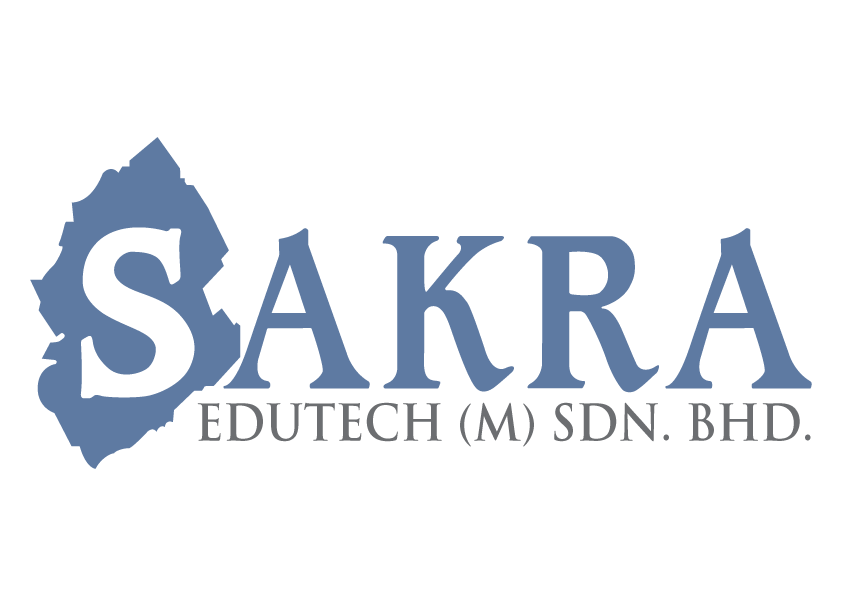(ISC)² developed the Certified Cloud Security Professional (CCSP) credential to ensure that cloud security professionals have the required knowledge, skills, and abilities in cloud security design, implementation, architecture, operations, controls, and compliance with regulatory frameworks.

(ISC)² developed the Certified Cloud Security Professional (CCSP) credential to ensure that cloud security professionals have the required knowledge, skills, and abilities in cloud security design, implementation, architecture, operations, controls, and compliance with regulatory frameworks.
A CCSP applies information security expertise to a cloud computing environment and demonstrates competence in cloud security architecture, design, operations, and service orchestration. This professional competence is measured against a globally recognized body of knowledge.
Course Prerequisites
Candidates must have at least five years of cumulative paid work experience in information technology, of which three years must be in information security and one year in one or more of the six domains of the CCSP CBK.
Earning a CSA’s CCSK certificate can be substituted for one year of experience in one or more of the six domains of the CCSP CBK. Earning the CISSP credential can be substituted for the entire CCSP experience requirement.
Who Should Attend?
The CCSP is ideal for IT and information security leaders responsible for applying best practices to cloud security architecture, design, operations, and service orchestration, including those in the following positions:
Cloud Architect
Cloud Engineer
Cloud Consultant
Cloud Administrator
Cloud Security Analyst
Cloud Specialist
Auditor of Cloud Computing Services
Professional Cloud Developer
Domain 1: Cloud Concepts, Architecture and Design
Understand Cloud Computing Concepts
Describe the Reference reference architecture.
Understand Security Concepts Relevant to Cloud Computing
Understand Design Principles of Secure Cloud Computing
Evaluate Cloud Service Providers
Domain 2. Cloud Data Security
Describe the Cloud Data Lifecycle
Design and Implement Cloud Data Storage Architectures
Design and Apply Data Security Technologies Strategies
Implement Data Discovery
Plan and implement data classification
Design and Implement Information Rights Management (IRM)
Plan and Implement Data Retention, Deletion, and Archiving Policies
Design and Implement Auditability, Traceability, and Accountability of Data Events
Domain 3. Cloud Platform & Infrastructure Security
Comprehend Cloud Infrastructure and Platform Components
Design a Secure Data Center
Analyze Risks Associated with Cloud Infrastructure and Platforms
Plan and Implementation of Security Controls
Plan business continuity (BC) and disaster recovery (DR)
Domain 4. Cloud Application Security
Advocate Training and Awareness for Application Security
Describe the Secure Software Development Life Cycle (SDLC) process
Apply the Software Development life cycle (SDLC)
Apply Cloud Software Assurance and Validation
Use verified secure software
Comprehend The Specifics of Cloud Application Architecture
Design appropriate identity and access management (IAM) solutions
Domain 5. Cloud Security Operations
Build and Implement Physical and Logical Infrastructure for Cloud Environment
Operate and Maintain Physical and Logical Infrastructure for Cloud Environment
Implement Operational Controls and Standards (E.G., Information Technology Infrastructure Library (ITIL), International Organization for Standardization/International Electrotechnical Commission (ISO/IEC) 20000-1)
Support Digital Forensics
Manage Communication with Relevant Parties
Manage Security Operations
Domain 6. Legal, Risk and Compliance
Articulate Legal Requirements and Unique Risks within the Cloud Environment
Understand Privacy Issues
Understand Audit Processes, Methodologies, and Required adaptations for a Cloud Environment
Understand the Implications of Cloud to Enterprise Risk Management
Understand Outsourcing and Cloud Contract Design
The importance of professional development should not be underestimated; it is a career-long obligation for practicing professionals. These professionals who undergo continuous development courses would help Malaysia’s aspiration to become a leading industrial nation in the world.
In today’s environment, business processes and technology are constantly changing. The final element is the ‘people’ factor, which needs to balance with the latter elements. That is the sole and simple reason that makes the ‘people’ factor gain more knowledge and improve their skills through professional development
© 2025 coursetakers.com All Rights Reserved. Terms and Conditions of use | Privacy Policy